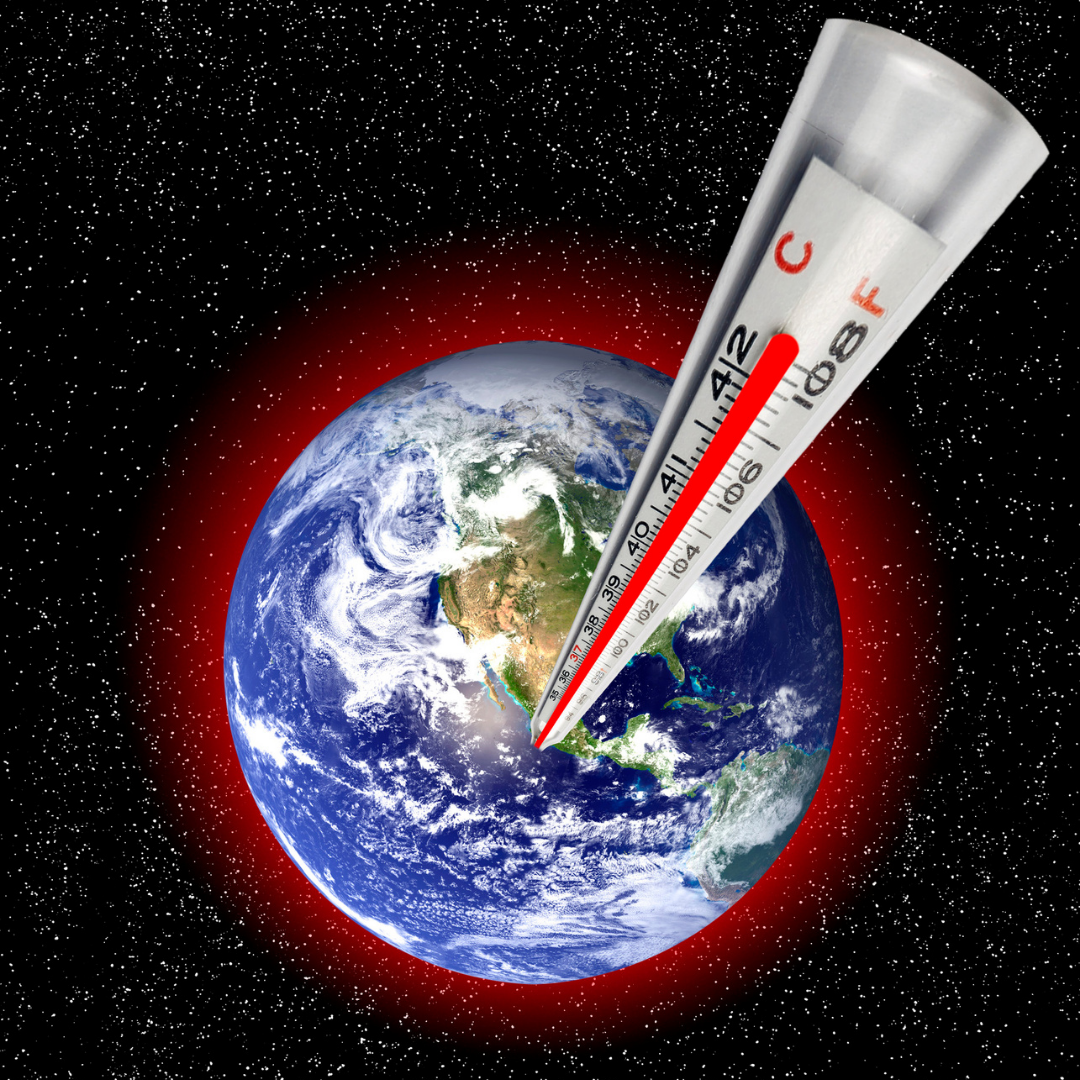
While it may seem like common sense that the best way to reduce pollution is to produce less waste and use less energy, there are plenty of ways that you can further help the environment without having to make drastic changes. For instance, many paints and cleaning products are known to be toxic to the environment, so it is a good idea to look for environmentally safe options whenever possible.
Current and future human activities are causing radical habitat changes on Earth. These changes are known as habitat destruction, habitat fragmentation and habitat degradation. The greatest human habitat changes are deforestation, desertification, and habitat fragmentation.
- The Changes of Seasonal Life Cycle
The timing of seasonal life cycle events is an important part of conservation biology. Seasonal timing is very important in birds, amphibians, and some fishes. A slight change in the timing of seasonal events can affect the survivorship of birds and amphibians. Three examples of seasonal timing changes are changes in the timing of bird migration, frogs spawning, and the blooming of plants.
Each spring, the robins arrive as sure as the flowers. And each year, they come just a bit earlier. Scientists have long known that the timing of seasonal events changes as the world warms. (And it’s not just happening in the United States: A recent study found that springtime now arrives about 17.5 days earlier in the Northern Hemisphere than it did just over a decade ago.) But the rate of change—and how this change might impact entire ecosystems—was until now unclear.
- Shifts of Range
As the Earth warms, the world’s animals and plants are moving toward the poles and to higher elevations. Such range shifts are a natural response to warming, but they come with costs. For example, many species will become extinct as they run out of suitable places to live. We also depend on species that can’t move, such as those that provide us with food, clean water, and other essentials.
The effects of climate change on ecosystems are affecting species’ ranges in many different ways. Some species are moving toward the poles as the climate warms, others are moving up mountainsides, and still, others are moving to higher elevations. These changes, called range shifts or range extensions, can be observed all over the globe, and they are affected by many different things, such as temperature, precipitation, and other species’ ranges.
- Disruptions of Food Web
All living organisms on Earth are interconnected through a food web. This interactive network of predators and prey dictates the structure and stability of all ecosystems on the planet. But what happens when something disrupts the flow of nutrients through the web? This is exactly what is happening as a result of global warming. A recent study conducted by the National Center for Atmospheric Research in Boulder, Colorado, has found that global warming is directly altering the food web of the Western United States.
Disruptions in the food web are consequences of global warming. As we continue to experience the effects of global warming, we will undoubtedly see an impact on how our food webs are created and sustained. The disruption of food webs may not be a problem for everyone. A few species may benefit from the changes, while many others may lose their food sources or have to relocate.
- Risks of Extinctions
As a species, we have always been fascinated with the idea of the end of the world. Ancient Mayans predicted the Apocalypse would occur in the year 2012. For the past few decades, pundits have been warning of a nuclear winter in the wake of a global thermonuclear war. Today, the doomsday scenarios are different but no less terrifying: The release of deadly bioweapons, the destruction of the ozone layer, global climate change, and natural disasters that could end civilization as we know it.
The conservation community is full of scientists who study and catalog the habit loss of global warming. They talk about the effects that global warming has on the world and how we can help reduce the effects of global warming. However, not all the scientists in the community areas were optimistic as the others. Some of them think that we’re already too late and that humans will be extinct within the next 100 years. Not because of global warming, but because of the many other species extinction risks.
